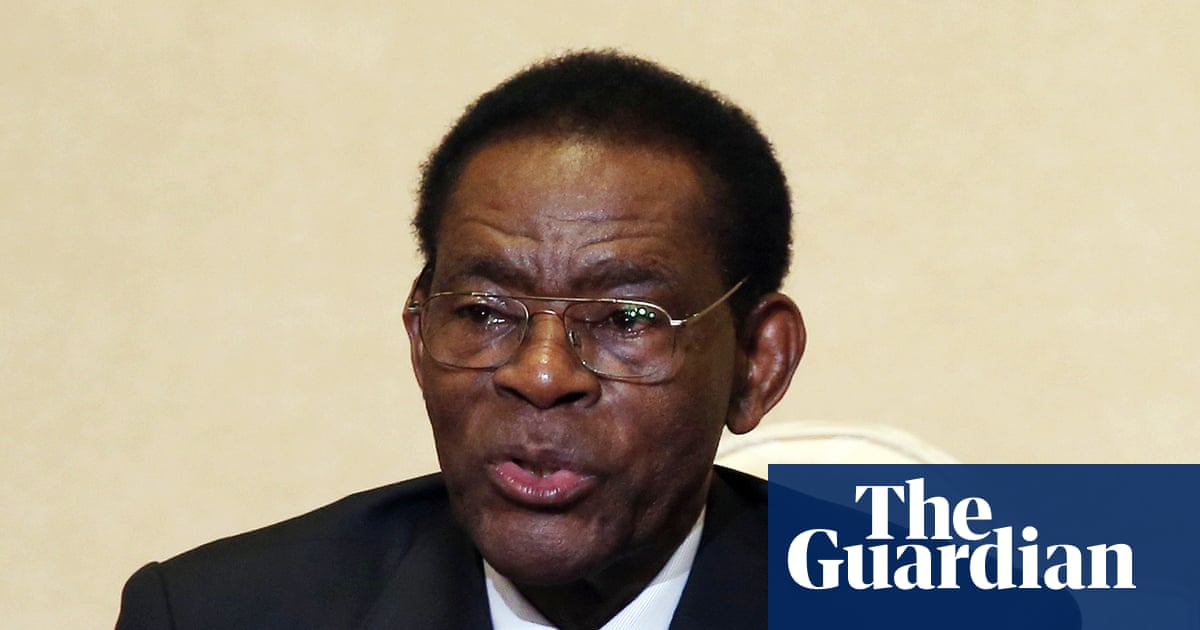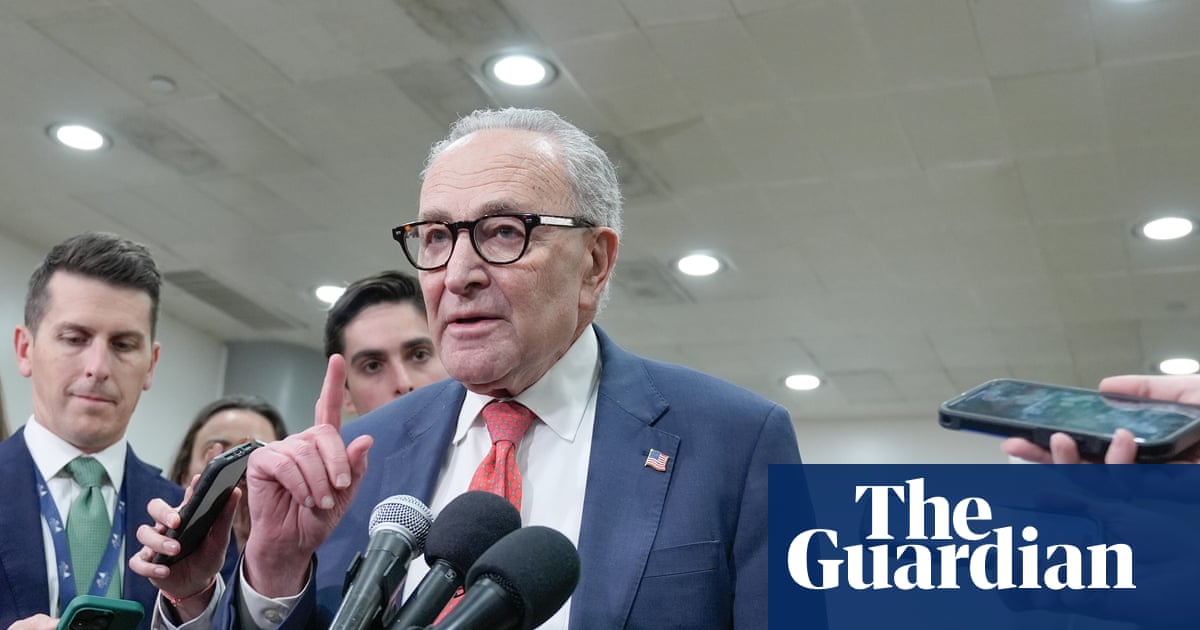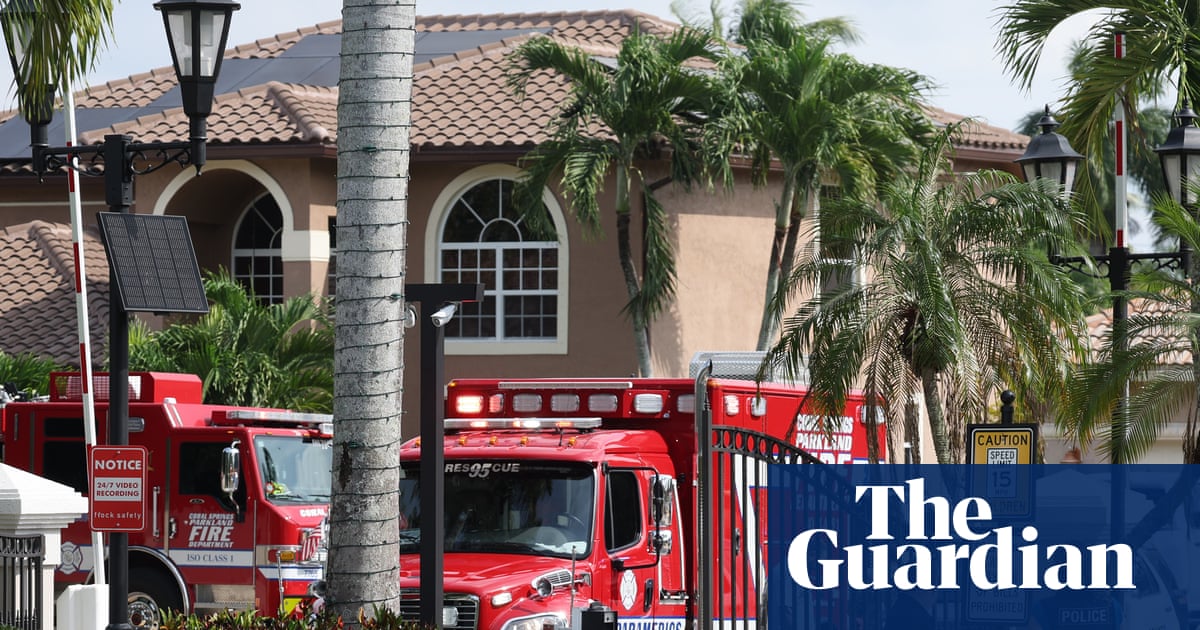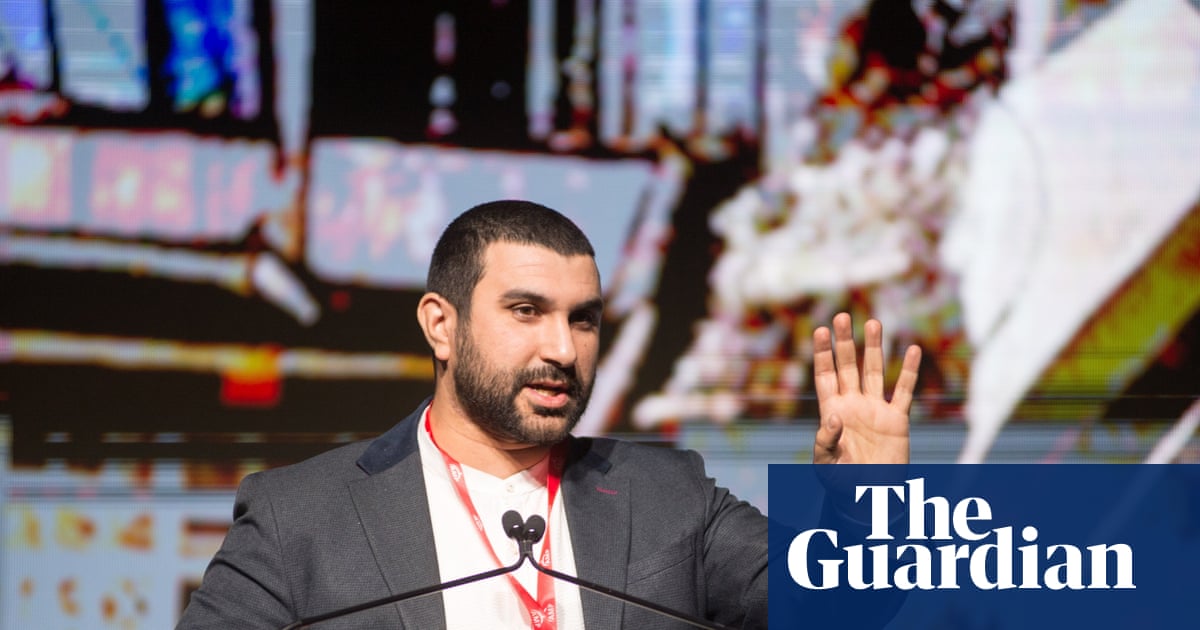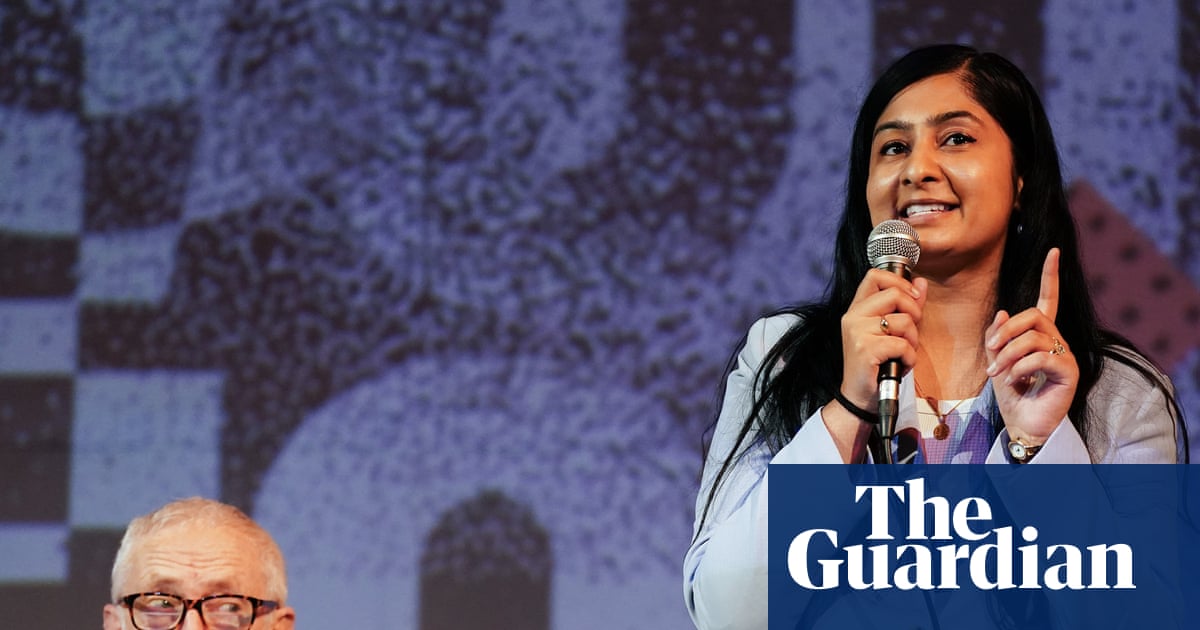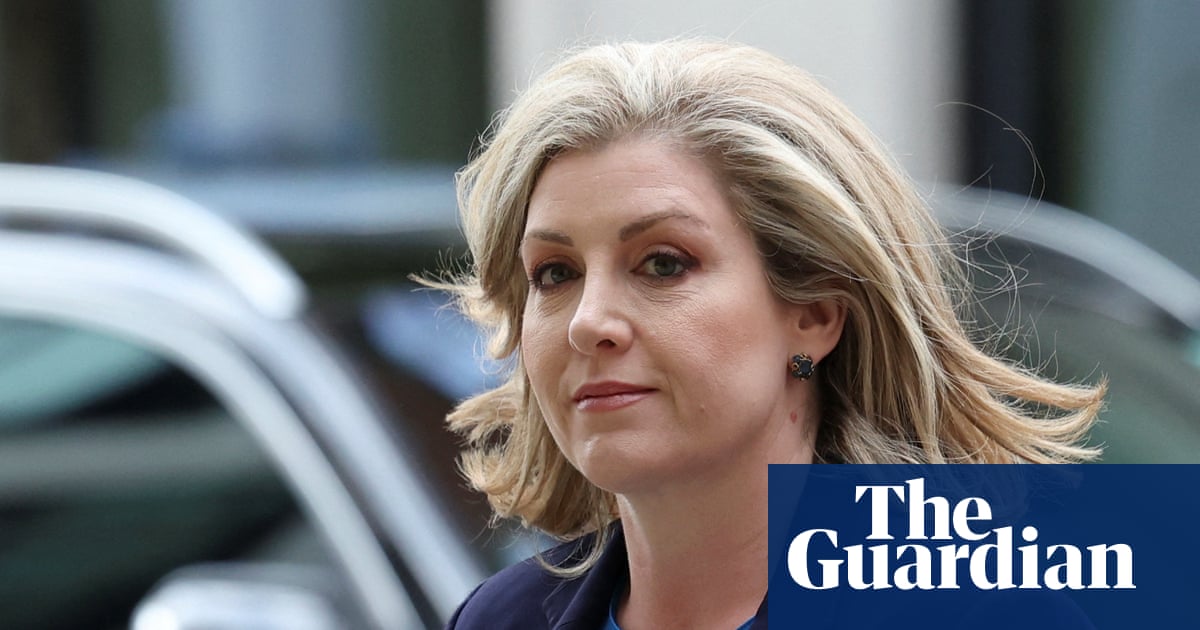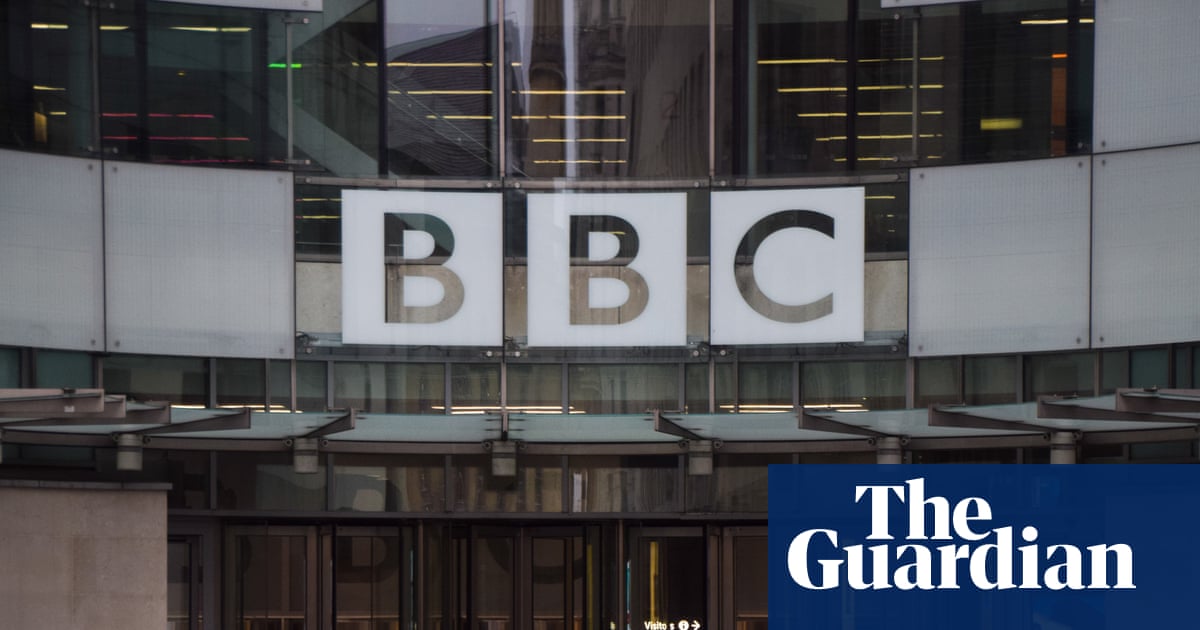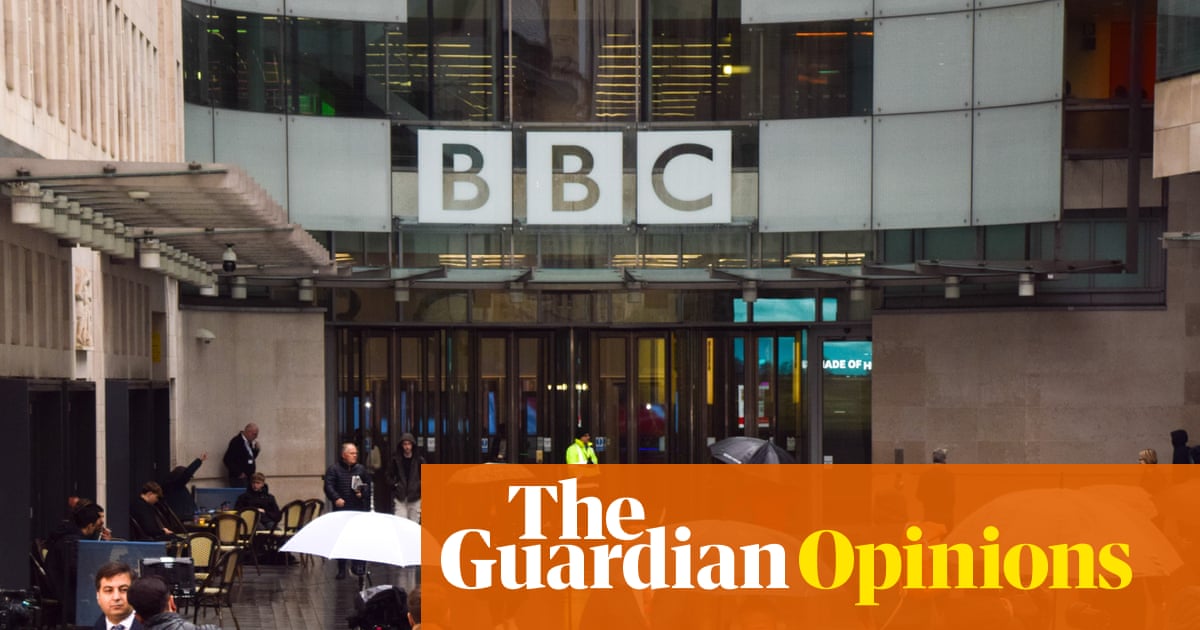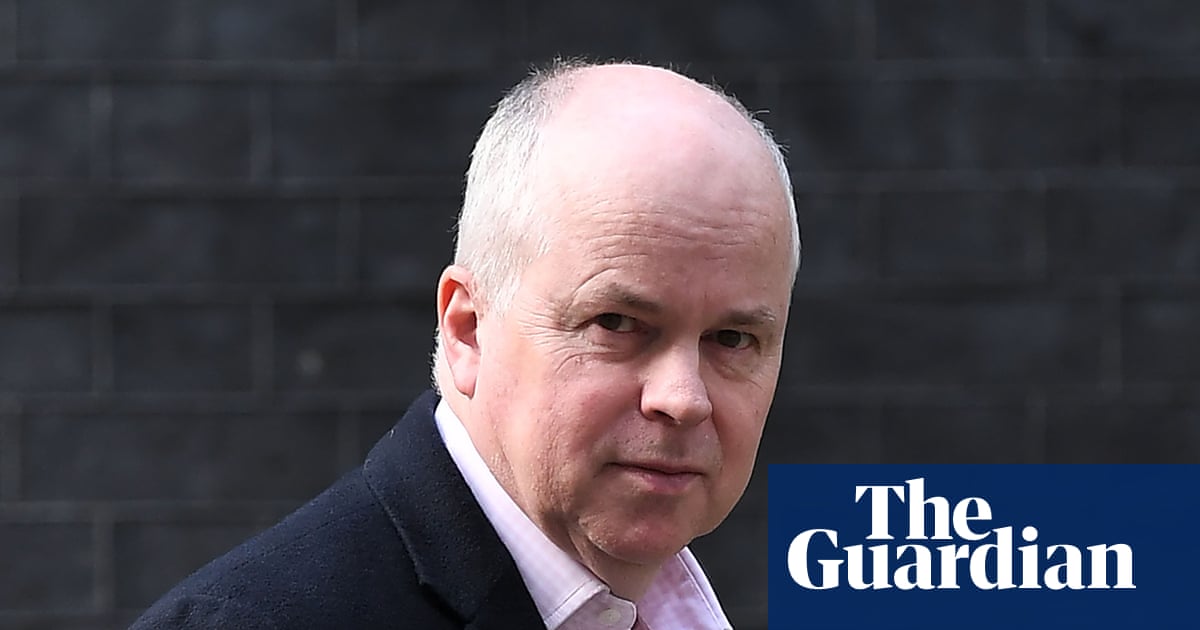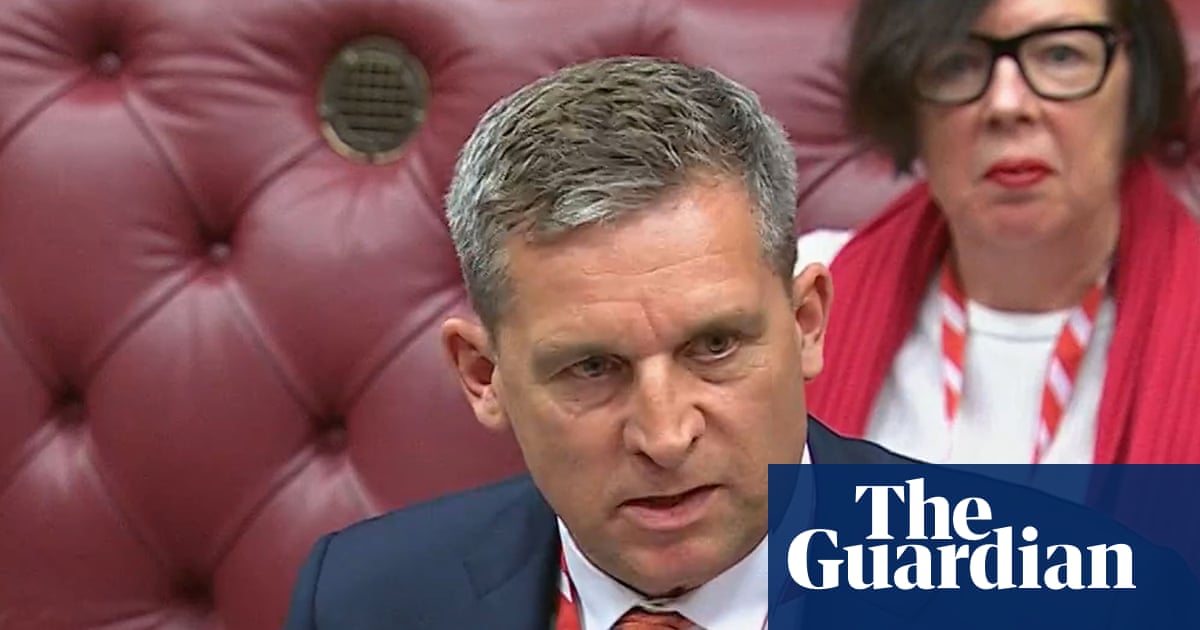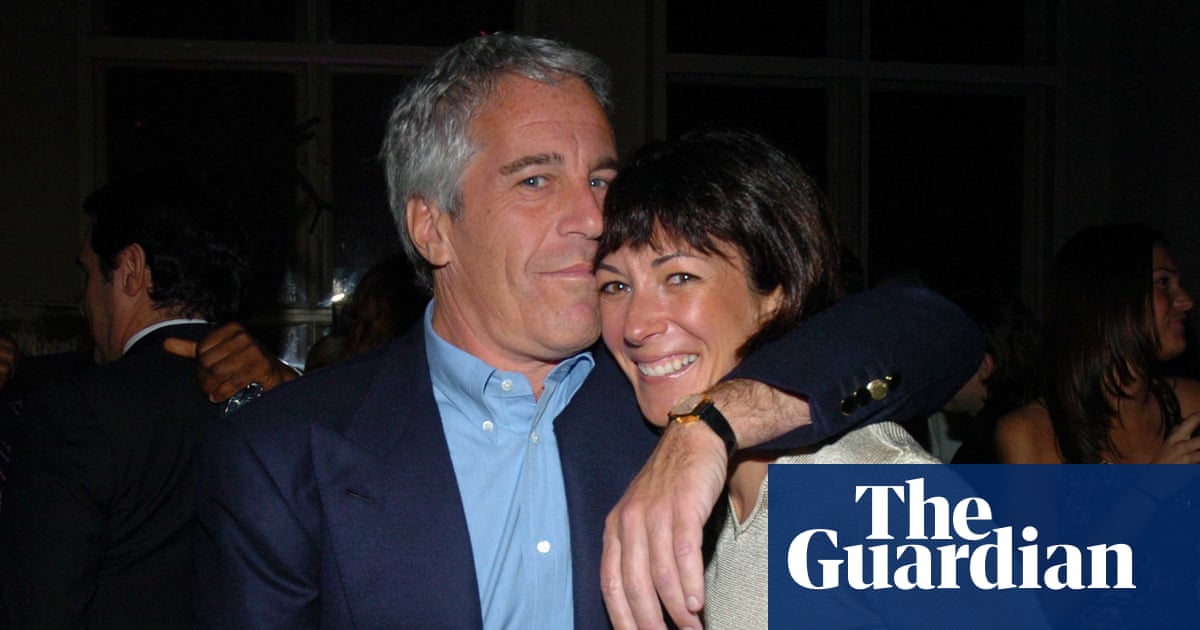“Better truth than illusions,” Polish prime minister Donald Tusk warned on Thursday – urging scepticism over Donald Trump’s motives in claiming that Ukraine could recapture all its lost territories.
The same might be said about the US president’s new approach to Palestine, but suddenly the optimists are back, with a two-state solution emerging from the rubble of two years of war in Gaza.
The US envoy, Steve Witkoff, talks of a 21-point White House plan for Palestine that he claims regional leaders broadly support. The French president, Emmanuel Macron, says it is also compatible with the plan for Palestine set out in the New York declaration endorsed by the UN general assembly this week.
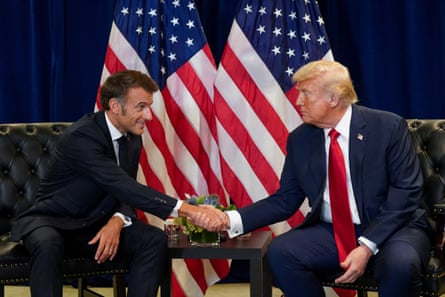
But how can there be such a convergence between the two plans – one American and one backed by the UN – and is this just another temporary Trump-induced mirage?
The optimistic take is that it is possible Trump’s son-in-law, Jared Kushner, and former British prime minister Tony Blair have finally exerted their influence inside the White House, enabling a new way of thinking about the day after war ends in Gaza. According to one version of this vision, Blair himself would head a body called the Gaza International Transitional Authority for as long as five years. It would seek a UN mandate to be Gaza’s “supreme political and legal authority”.
Putting aside consideration of any role for Blair, the Trump and UN-backed plans do have similarities that could make a convergence possible. For example, neither plan calls for the mass displacement of Palestinians from Gaza. The “Trump Riviera” – code for forced or voluntary expulsions – is not supported by Blair, and is anathema to Egypt and Jordan.
Neither plan gives Hamas a role in the future governance of Palestine. Both insist on the decommissioning of Hamas weapons, but not its proscription as an organisation. The Palestinian Authority, Hamas’s non-Islamist rival based in Ramallah, has long said Hamas and other armed factions must lay down their arms. “We do not want an armed state,” PA’s president, Mahmoud Abbas, told the UN general assembly on Thursday.
It is also true that both plans presume there can be no further Israeli annexations in the West Bank, and – at least according to Macron – Trump agreed to this during their meeting alongside Arab leaders on Tuesday.
Much might rest on the definition of annexation. Completely ruling this out in the West Bank would be a political disaster for the Israeli settler movement, but that is what the United Arab Emirates is demanding, and Trump will have to insist on this if he is to have Arab state buy-in and investment.
Israel’s foreign minister, Gideon Sa’ar, said the discussion was not about annexing Palestinian-owned land, adding: “What can be discussed – but hasn’t yet been decided – is implementing Israeli law on the Israeli communities located there and not under the PA.” That appears to be a plan for Israel to seize control of the zone known as Area C.
If Trump rules that out, as Macron and Blair hope, Benjamin Netanyahu would have to accept.
But after that, differences between the plans soon start to emerge.
The New York declaration, forged through months of French diplomacy, proposes a technocratic administration for only a year in the initial transition, but then puts the PA at the centre of a new unified government covering Gaza, the West Bank and East Jerusalem.
Yet the US banned Abbas from even travelling to New York, so how could Washington accede to the PA ever being put in charge of a new, unified Palestinian state?
The answer lies in the many benchmarks the PA would have to meet in the Trump plan before it would eventually take control. One diplomat said the proposal gives Israel many opportunities to apply its veto and slow the transition to Palestinian self-governance. One version of the Trump/Blair plan is for a transition where the administration of Gaza and the West Bank would be kept separate – something the PA opposes.
Similarly, the New York declaration gives the UN relief works agency, Unrwa, a central role in reconstruction – but the US and Israel have been bent on the destruction of the organisation on the baseless claim it is a terrorist front.
There has been talk of the PA taking on Unrwa’s role, and reducing the emphasis on the Palestinian right to return. But since October 2023, Israel has been applying financial pressure on the PA by withholding the tax revenue it is due.
So: how could Trump ever endorse a role for an organisation Israel is seeking to bankrupt? The answer is the reform of the PA, a phrase that has rung through the halls of diplomacy for more than 20 years, but never been achieved.
The constituent elements of the reform programme are well known: elections for a new president, a new parliament, and a commitment that all candidates must accept the Palestine Liberation Organisation’s charter, including Israel’s right to exist, a means also of excluding candidates that support Hamas. Other elements include an end of payments to political prisoners, and changes to the school curriculum.
These are all huge asks of an organisation that has not held parliamentary elections since 2006.
Abbas is already facing opposition to his plan to hold elections for the national council, the body that oversees the PLO, for the first time since 1964. His critics claim he is excluding those that have led the resistance to Israel in the past two years. It is a precursor of an argument that will rage inside Palestinian politics for many months.
The reality is that no one can say what kind of Palestinian political leadership could emerge from the wasteland of Gaza and the burnt refugee camps of the West Bank. That is why Trump favours a transitional technocratic body that consults the PA.
The final piece of the jigsaw is an international stabilisation force, something both the Trump and UN plans envisage. It would initially be stationed on the Egyptian-Israeli border, and enter the Strip in coordination with the Israeli and American sides. This would entail a phased withdrawal of Israeli forces from Gaza, and the handover of Hamas weaponry.
Training for a Palestinian security force would begin in Egypt, Jordan and a number of Islamic countries, with these officers reporting directly to the PA.
Netanyahu has long insisted there will be no Palestinian state, and aspects of the Blair plan do not have the characteristics of self-governance. But the Israeli prime minister has failed to set out any vision of what happens after war ends in Gaza. The moment when he must say what he will accept is fast approaching.

 1 month ago
57
1 month ago
57
